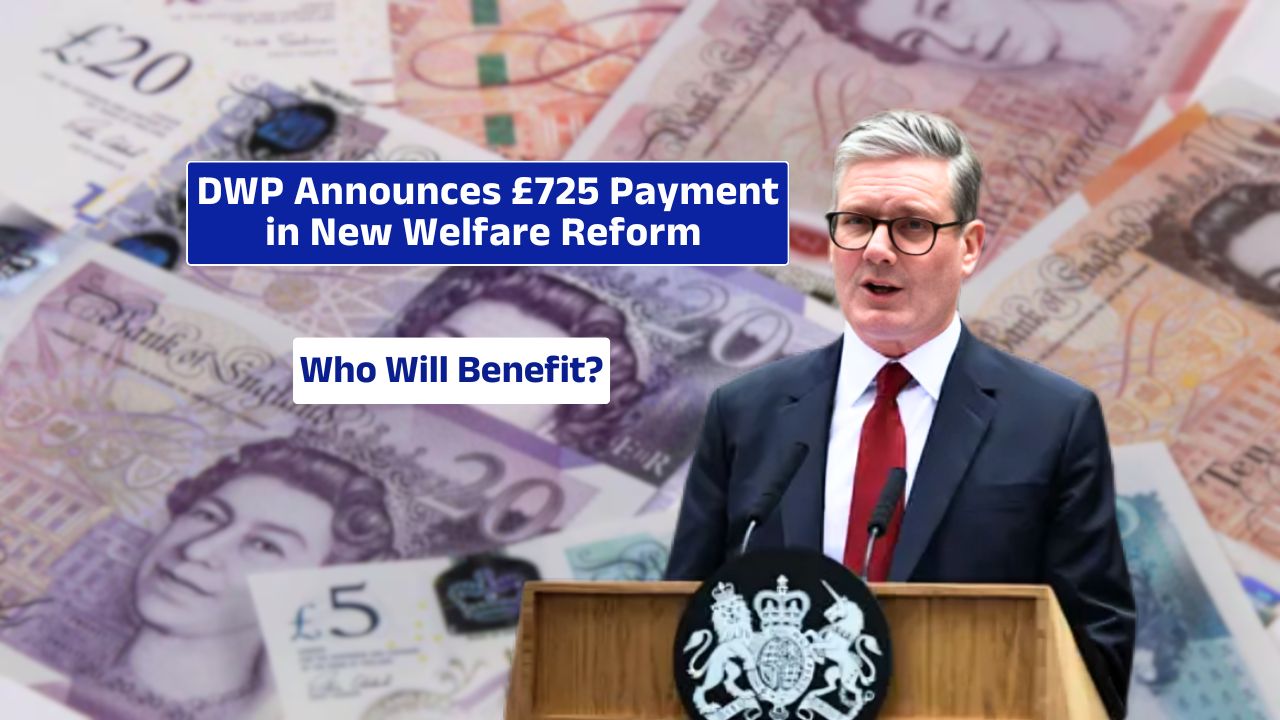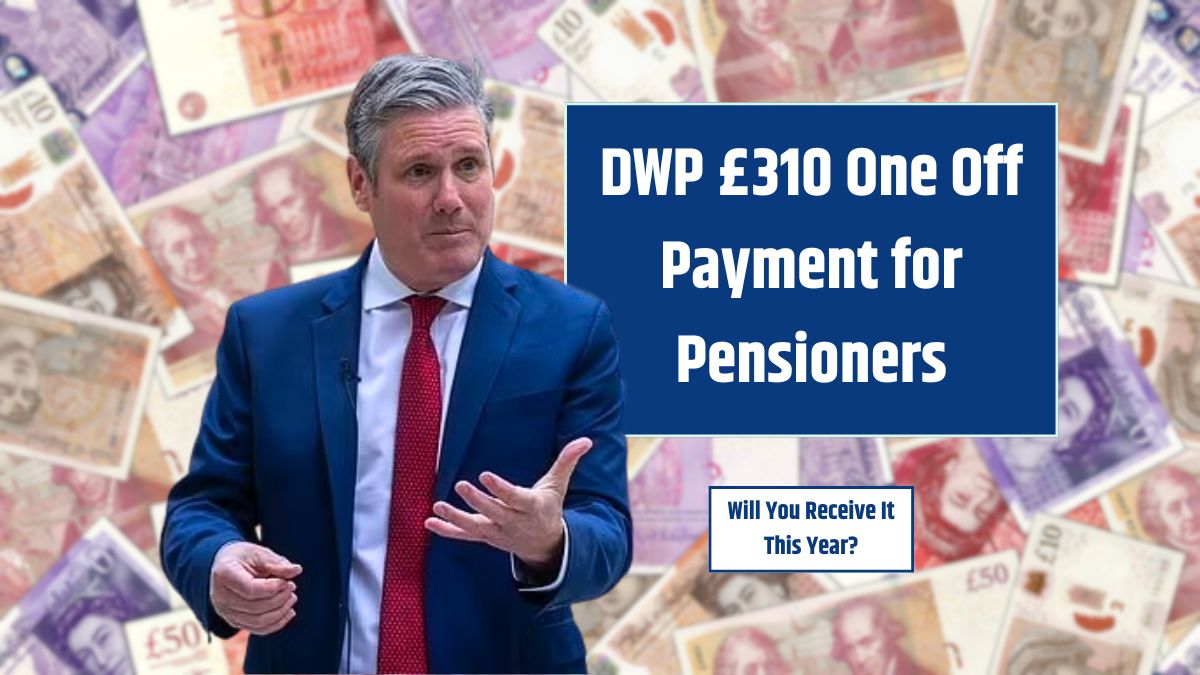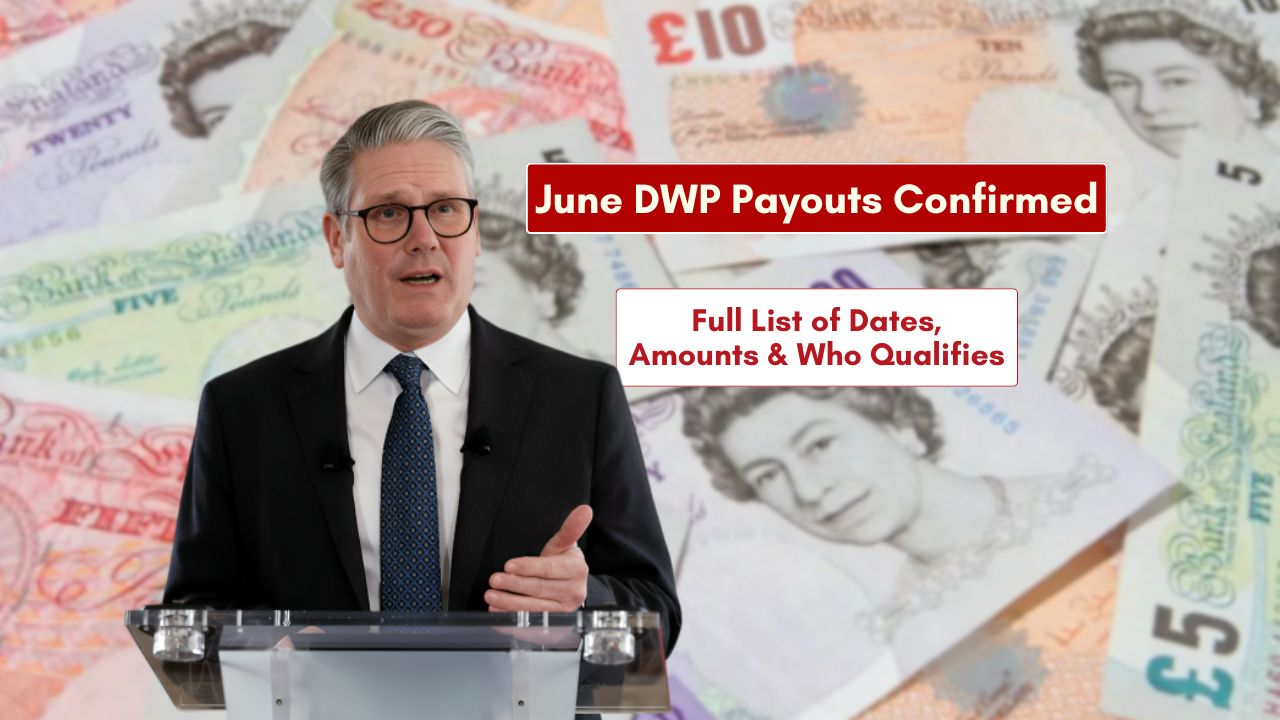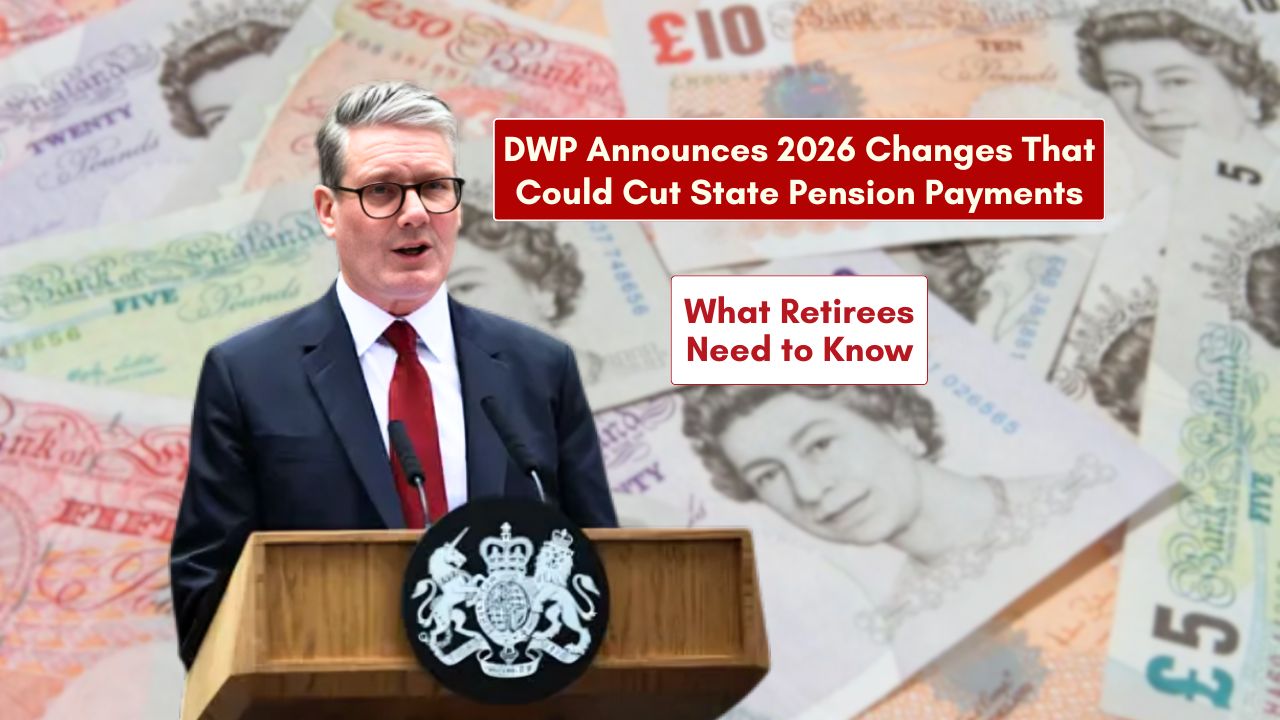With social media buzzing about a £725 Universal Credit payout, many are under the impression that a lump sum is coming their way soon. But let’s clear the air—this isn’t a one-time payment. Instead, it’s a gradual increase for some claimants, with changes that may hit disabled people and long-term health sufferers the hardest.
This article cuts through the hype, laying out what’s actually in the Welfare Reform Bill, who it affects, and how to prepare for the road ahead.
Reality
Let’s set things straight. There’s no £725 cheque being posted to everyone on Universal Credit. What the UK government is actually proposing is a gradual annual uplift to Universal Credit for single claimants over 25, beginning in April 2026 and phased over four years.
That increase will eventually total around £725 annually by 2029/30. That’s it. Not a lump sum. Not for everyone.
Breakdown
Here’s the government’s actual plan. If you’re single, over 25, and on Universal Credit, you could see a gradual yearly increase to your standard allowance. Here’s how it plays out:
| Year | Cumulative Increase | Notes |
|---|---|---|
| 2026/27 | Small initial rise | No fixed amount yet disclosed |
| 2027/28 | Grows steadily | Annual increase continues |
| 2028/29 | Nearing £725 total | Progressively increased |
| 2029/30 | Full £725/year | Estimated end amount |
So, while it might help with long-term budgeting, it’s not the overnight windfall many headlines are teasing.
Eligibility
This phased boost is limited to single Universal Credit claimants aged 25 and above. If you’re part of a couple or under 25, this uplift doesn’t apply to you. Around 4 million households are expected to benefit—not the 7 million figure floating around online.
Disability
Now for the tougher pill to swallow. The same bill that offers this gradual increase is also tightening rules for people claiming disability-related benefits like PIP (Personal Independence Payment) and LCWRA (Limited Capability for Work and Work-Related Activity).
LCWRA Changes
Currently, LCWRA provides extra financial support to claimants who cannot work due to severe health conditions. Here’s what’s changing:
- Freeze in LCWRA rates from 2026 to 2029 for existing claimants
- Reduced payment rates for new applicants after April 2026
That means people relying on LCWRA to cover the higher costs of living with disabilities will see their income stagnate while inflation continues to rise.
PIP Assessment Rules
PIP is also under the microscope. The bill proposes changes to the assessment system, especially for those with mental health conditions or fluctuating illnesses.
Key changes:
- A revised scoring system
- Tougher qualification criteria
- Increased risk of losing current benefits after reassessment
These changes may result in thousands of people losing vital financial support.
Voices
Disability advocacy groups like Scope and Disability Rights UK are pushing back. They argue the changes risk deepening poverty for disabled people and go against the government’s stated goal of helping vulnerable populations.
Their message: don’t reform the system at the expense of the most vulnerable.
Steps
Worried you might be affected? Here’s what you should be doing:
Know Your Status
Check your current benefits and understand what elements you receive.
Stay Updated
Use trusted sources like:
- UK Parliament Bills & Legislation
- Citizens Advice
Prepare Documentation
Start gathering medical evidence or letters from healthcare professionals in case of reassessment.
Get Support
Talk to welfare rights advisors or local charities for help navigating claims or appeals.
Community
This bill isn’t just a bureaucratic update—it impacts real lives. For many communities, especially those already struggling, these changes could either offer slight relief or real hardship.
We need to talk about what kind of support system we want. Should benefits focus only on pushing people into work? Or should they ensure a dignified life for everyone, regardless of ability?
Let’s face it—building a strong, fair society starts with making sure no one gets left behind. Keep your head clear, avoid the rumors, and use your voice to demand fairness and compassion from those in power.
FAQs
Is there a £725 lump sum payout?
No, it’s a gradual increase starting in 2026.
Who qualifies for the UC increase?
Single claimants aged 25+ on Universal Credit.
Will LCWRA payments change?
Yes, they’ll be frozen or reduced from 2026.
What’s happening to PIP?
Eligibility rules and assessment scores may change.
How can I protect my benefits?
Track updates, gather evidence, and get advice.




















